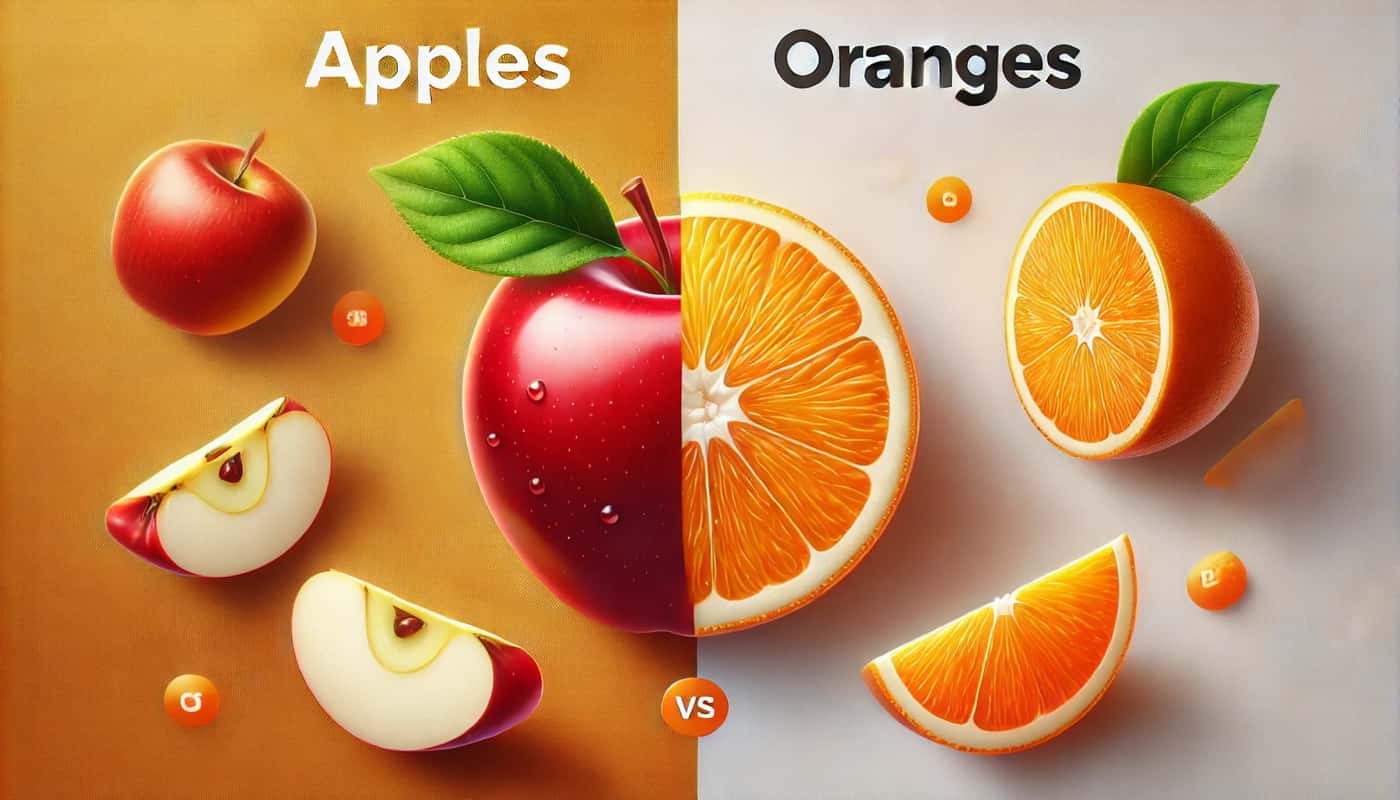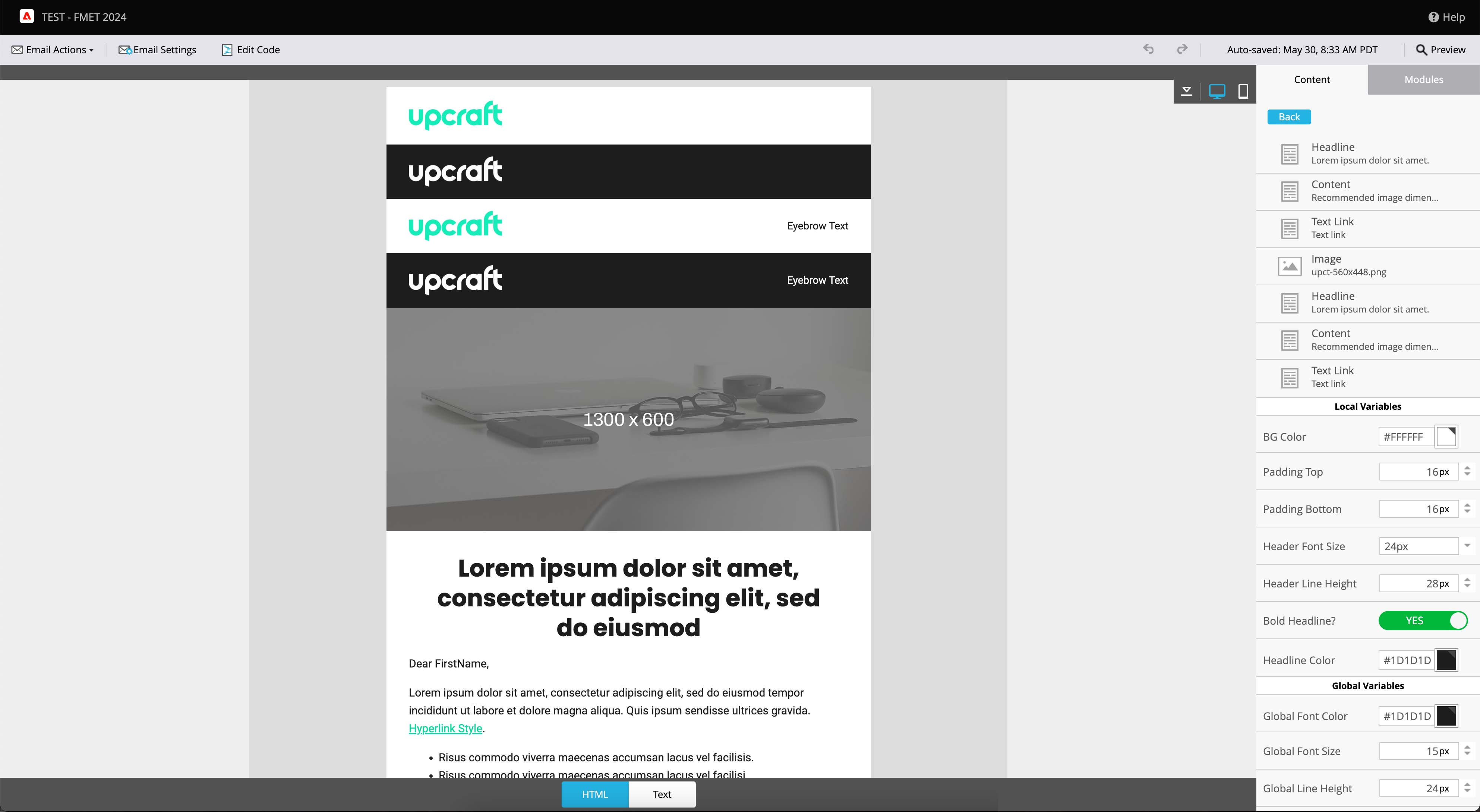Marketo vs. Pardot: Comparing the Top Marketing Automation Platforms for Your Business
Marketing automation platforms like Marketo and Pardot empower businesses to streamline campaigns, improve processes, and boost customer engagement. This comparison explores their strengths, weaknesses, and key differences to help you choose the right platform.
It’s important to note that Pardot, formerly a standalone platform, is now integrated into Salesforce as “Marketing Cloud Account Engagement.” This merger strengthens Salesforce’s marketing automation offerings.
Marketo (Adobe Experience Cloud)
- Focus: Enterprise-level businesses
- Strengths: Comprehensive feature set including lead management, email marketing, campaign management, lead nurturing, and robust analytics. Highly scalable and customizable. Strong integration capabilities.
- Weaknesses: Steep learning curve and complex interface. Higher price point, making it less accessible for smaller businesses.
Pardot (Salesforce Marketing Cloud Account Engagement)
- Focus: B2B organizations
- Strengths: Powerful lead generation, nurturing, and scoring. Seamless Salesforce CRM integration. User-friendly interface. Flexible pricing suitable for various business sizes. Features include email marketing, landing page creation, and ROI tracking.
- Weaknesses: While offering robust features, it may not have the same depth of customization as Marketo.
Key Feature Comparison:
- Lead Management: Both platforms offer robust lead management. Marketo provides comprehensive lifecycle management, while Pardot excels in lead generation, scoring, and nurturing with features like progressive profiling and dynamic content.
- Email Marketing: Both offer advanced email marketing, including templates, A/B testing, and triggered emails. Marketo offers more advanced segmentation, while Pardot boasts a user-friendly drag-and-drop email builder and Engagement Studio for automation.
- Campaign Management: Both enable multi-channel campaign creation and tracking. Marketo offers more comprehensive campaign management tools, while Pardot focuses on tracking, ROI reporting, and influence attribution.
- Integration & CRM: Marketo integrates with various CRM platforms. Pardot’s strength lies in its native integration with Salesforce CRM, providing a unified platform for sales and marketing alignment.
User Interface & Ease of Use: Marketo’s interface is powerful but complex, requiring technical expertise. Pardot offers a more intuitive and user-friendly experience.
Pricing & Scalability: Marketo’s enterprise-level pricing reflects its advanced features and scalability. Pardot offers a tiered pricing model, making it more accessible to smaller and mid-sized businesses.
Conclusion:
Marketo is ideal for large enterprises needing extensive customization and scalability. Pardot is a strong choice for B2B organizations, especially those already using Salesforce CRM, prioritizing lead generation, nurturing, and a user-friendly experience. The best choice depends on your specific business needs, budget, and technical capabilities.






